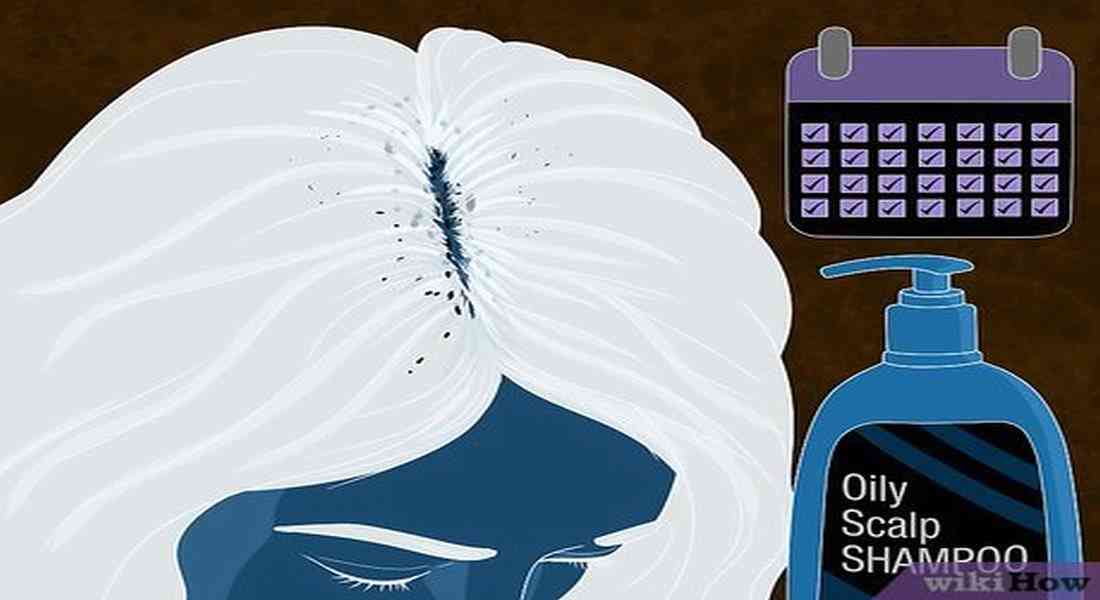The Hair Growth Secret Hiding in Your Shower: How often to wash hair for growth
Let’s talk hair growth. We’ve all tried the serums, the vitamins, and the scalp massages, but what if one of the biggest growth factors is something far simpler? Your shampoo schedule. Turns out, how often you wash your hair isn’t just about fighting grease—it’s a foundational step for healthy, thriving hair. Let’s break down the science without the jargon.
Why Your Scalp is the Secret Garden of Hair Growth How often to wash hair for growth
Think of your scalp as the soil from which your hair grows. Just like healthy soil grows vibrant plants, a clean, balanced scalp is the bedrock of strong, fast-growing hair https://www.health.com/how-often-should-you-wash-your-hair-8349178
Here’s the deal:
-
Buildup is the enemy:Oil (sebum), sweat, dead skin cells, and styling products can accumulate, creating a breeding ground for bacteria and even clogging follicles. This can lead to irritation, dandruff, and potentially slow down hair growth 2511.
-
Clean follicles = Happy follicles:Washing removes this buildup, allowing hair to emerge healthily and reducing breakage along the shaft. As trichologist Anabel Kingsley puts it: “A clean, balanced scalp environment gives your follicles the best chance to flourish” 2.
-
The shedding myth debunked:Seeing hair in the drain? Don’t panic! Washing simply dislodges hairs that were already in their natural shedding phase (we lose 50-100 hairs daily!). It doesn’t cause hair loss 2610.
So, How Often Should You Wash for Growth? (Spoiler: It Depends!)
There’s no magic number that fits everyone. Your ideal frequency hinges on your unique hair type and scalp needs. Overwashing can strip natural oils, leading to dryness and breakage. Underwashing allows pore-clogging buildup. The goal? Find your sweet spot.
Here’s a Quick Guide Based on Hair Type:
Hair Type & Scalp Condition |
Recommended Wash Frequency |
Key Notes |
Fine, Straight, or Oily Hair |
Daily or Every Other Day |
Oil travels easily down fine strands. Buildup happens fast, weighing hair down 237. |
Wavy or Medium-Texture Hair |
Every 2-3 Days |
A balance between moisture and oil control. Adjust based on scalp feel https://www.goodhousekeeping.com/beauty/hair/a34059047/how-often-to-wash-hair/ |
Thick, Curly Hair |
1-2 Times Per Week |
Natural oils take longer to travel down curls. Prone to dryness; needs moisture retention https://www.instyle.com/how-often-to-wash-hair-for-growth-8624589 |
Coily, Afro-Textured, or Very Dry Hair |
Every 7-10 Days (or less) |
Highly prone to dryness. Focus on scalp cleansing with gentle shampoos or co-washes |
Chemically Treated/Damaged Hair |
1-2 Times Per Week |
Relaxed, bleached, or permed hair is fragile. Less washing minimizes stress and dryness |
Dandruff-Prone Scalp |
3-4 Times Per Week (initially) |
Use medicated shampoos (ZPT, Selsun Blue, Ketoconazole). Regular cleansing fights flakes 37. |
Other factors that change the game:
-
Sweat & Activity:Hit the gym daily? Sweat can irritate your scalp. Rinse or wash after intense sessions 3712.
-
Product Use:Heavy stylers (gels, waxes)? You might need more frequent washes or a clarifying shampoo occasionally to prevent buildup 7.
-
Age:Scalps often produce less oil as we age. You might need fewer washes than you did in your 20s 3.
-
Season:Dry winter air might mean less frequent washing for some, while humid summers or increased sweat might call for more 7.
Washing “Hacks” to Actually Boost Growth Potential
It’s not just how often, but how you wash:
-
Scalp Focus is Key:Treat washing like a scalp treatment. Massage shampoo into your scalp with fingertips (not nails!) in circular motions for 1-2 minutes. This stimulates blood flow, bringing nutrients to follicles 611.
-
Choose Growth-Supportive Formulas:Look for shampoos with ingredients known to support a healthy scalp environment:
-
Caffeine & Biotin:Can stimulate follicles and support keratin 11.
-
Ketoconazole (in medicated shampoos):Fights dandruff fungus linked to inflammation 11.
-
Gentle, Sulfate-Free (for frequent washers):Cleanses without extreme drying.
-
-
Condition Strategically:Always condition mid-lengths to ends after This prevents breakage – crucial for retaining length! Avoid heavy conditioners on the roots if you’re oily 2711.
-
Water Temperature Matters:Lukewarm water is best. Hot water strips oils; cold water doesn’t cleanse effectively 610.
-
Clarify Occasionally (1-2x/month):If you wash less often, use a clarifying shampoo to remove stubborn buildup and keep follicles clear 11.
Busting the Big Hair Growth Washing Myth
Myth: “Dirty hair grows faster!” or “Skipping washes lets natural oils boost growth!”
Reality: While natural oils are beneficial, prolonged buildup is harmful. Studies show low wash frequency is linked to more scalp issues (like dandruff and inflammation) and potentially weaker hair 5811. A clean scalp is consistently linked to optimal hair growth conditions. As Dr. Neera Nathan states: “Scalp is skin and needs to be washed regularly for healthy hair growth” How often to wash hair for growth.
What About Between Washes? Keeping Growth on Trackhttps://xenti.xyz/
-
Dry Shampoo Wisely:A lifesaver for oily roots! But don’t rely on it for more than 1-2 days. Overuse can lead to buildup and irritation at the follicle 47. Spray at the roots, wait, brush out.
-
Co-Washing (Conditioner Only Washes):Great for curly/dry types between shampoo days. Adds moisture without harsh cleansing 712.
-
Scalp Serums/Oils:Lightweight, growth-focused serums (with caffeine, peptides) can be applied to a clean scalp between washes. Avoid heavy oils on the scalp if prone to oiliness 8.
-
Gentle Detangling:Use a wide-tooth comb on damp, conditioned Minimize breakage!
-
Protective Styles:Braids or buns can hide hair that’s slightly past its prime, but don’t keep them tight or for too long 24.
The Final Rinse: Your Hair Growth Washing Prescription
Forget rigid rules. Listen to your scalp and hair.
-
Is it itchy, flaky, or looks greasy/limp?You probably need to wash more often 37.
-
Is it dry, brittle, frizzy, or breaking easily?You might be overwashing or using harsh products 712.
